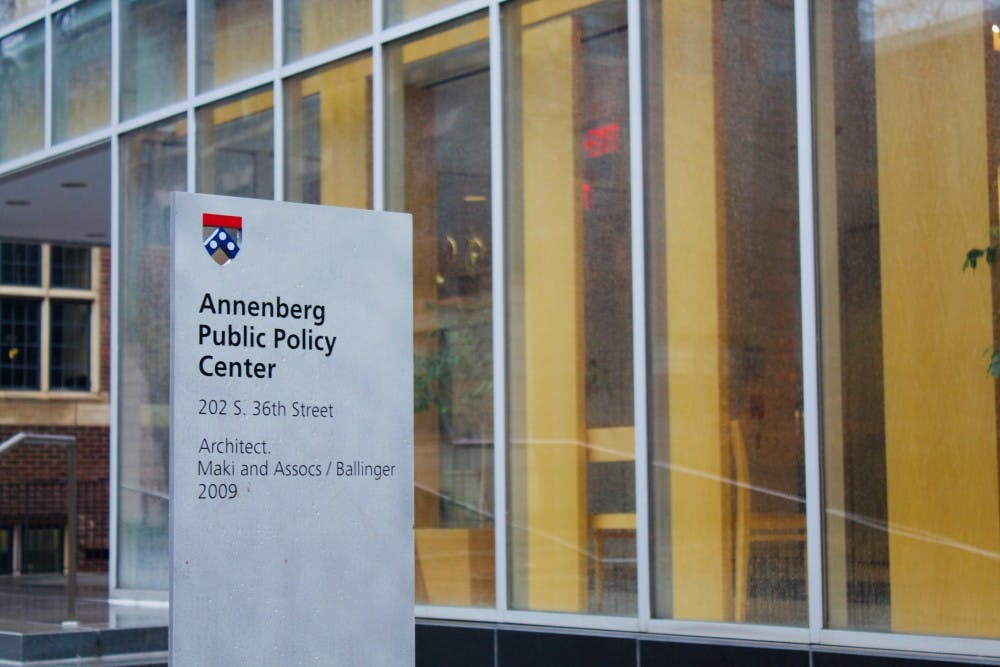New research from Penn’s Annenberg Public Policy Center has revealed that Americans’ civic knowledge is increasing, but remains relatively low nationwide.
Participants in the 2019 Annenberg Constitution Day Civics Survey were asked basic questions about American civics, such as whether or not they could name all three branches of government. Since 2013, Annenberg has conducted the study each year for Constitution Day, which is held on Sept. 17 to celebrate the signing of the Constitution.
The study found that 39 percent of American adults could correctly identify all three branches of government, an improvement from 32 percent in last year's study. This year's overall results were statistically the same as the previous high of 38 percent in 2013.
The survey also asked about topics such as the meaning of a divided Supreme Court decision, the rights of undocumented immigrants in the United States, and the proportion of votes in the House and the Senate needed to override presidential vetoes. Participant responses either reached their highest levels of correct answers or hit close to highs reached in the past.
The results suggest that Americans have been more civically engaged since President Trump's inauguration. This may be due to the high-profile disputes between Congress and the President over immigration, budgets, and Supreme Court justice confirmations.
“While this marks an improvement, the overall results remain dismal,” Annenberg Public Policy Center Director Kathleen Hall Jamieson said in a press release. “A quarter of U.S. adults can name only one of the three branches of government and more than a fifth can’t name any."
The study also found that participants who said they studied civics in high school were more likely to correctly answer certain knowledge-based survey questions, including naming the branches of government.
Congress is considering launching the Civics Learning Act of 2019, which would allocate $30 million towards emphasizing civics education in public elementary, middle, and high schools. The act cites the results of the Annenberg survey and links a lack of civic knowledge to a "weakened democracy."
Annenberg Public Policy Center is working to improve the quality of civics education in American middle and high school classrooms through the Annenberg Classroom project, which offers free classroom resources and lesson plans to teachers.









